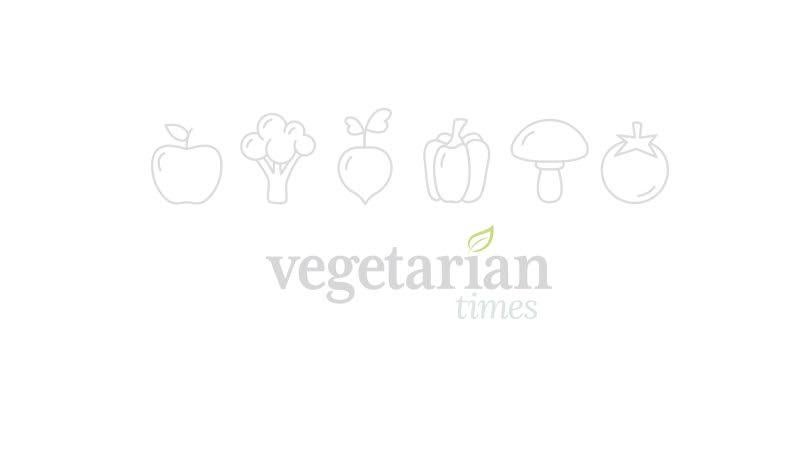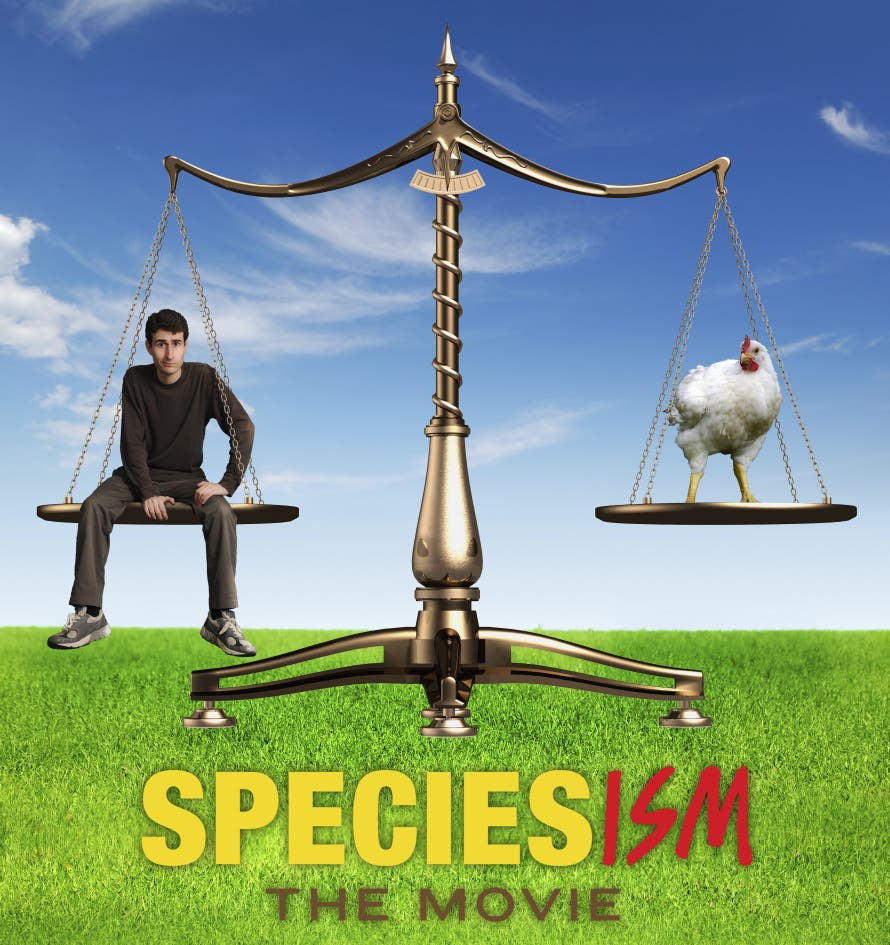Movie on a Mission: Speciesism: The Movie


Even as a vegetarian, I realized while watching the documentary Specieism: The Movie that I’m not free of species bias. Analogies of factory farming with slavery and the holocaust, presented by talking heads in the film, make me uncomfortable. And not just because they feel reductionist. But what does it says about us that even when the question is, “Do humans matter more?” the yardstick is human suffering? As writer-director Mark Devries points out, his film raises more questions than it answers. Here, Devries responds to a few questions Speciesism: The Moviebrought up for me.
How would you gauge the impact of Ag Gag laws, which outlaw undercover investigations into factory farms? Your film shows some of the troubling footage produced from these investigations.
Although the film intentionally excludes graphic footage, the clips of industry practices it does show, such as caging hens, clearly indicate something is terribly wrong. Precisely because this is so obvious to anyone who sees the footage, the factory farming industry has recently begun pushing for state legislation, which has passed in states such as Utah and Iowa, to criminalize acts related to filming or photographing factory farms. From what I’ve seen in the press, however, these attempts are actually bringing more attention to the findings of existing investigations. And if people start being prosecuted for investigative work, I think it may bring even more attention to the treatment of animals on factory farms.
In the film, Bruce Friedrich of Farm Sanctuary states that it’s a contradiction to eat meat and say you oppose cruelty to animals. Did anyone you interviewed disagree?
Sort of. For example, Peter Singer, author of Animal Liberation and one of the film’s interview subjects, has argued that theoretically, we can imagine taking animals’ interests seriously, and also raising them in pleasant conditions and killing them painlessly before eating them. But as a practical matter, Singer says there’s a contradiction between considering animals’ interests as comparable to ours, and then raising and killing them just because we want to eat them. That’s behaving as if their entire existence is a means to the relatively insignificant end of our dining preferences. An industry and a society engaged in such behavior, Singer contends, cannot be trusted to give animals anything close to the ethical consideration we give humans. We see an example of this in the film, when I persuade the owners of a supposedly free-range turkey farm to give me an on-camera tour. I was caught entirely by surprise when I was led into giant sheds containing thousands of birds.
Jon Camp of Vegan Outreach, interviewed in the film, says that at some point, a serious public discussion about raising and killing animals for food is inevitable. How far into the future do you see that happening?
We may be on the cusp of it right now. A few decades ago, it would have been unthinkable for The New York Times to examine the question of whether animals can justifiably be used for food. And, as more people become vegetarian, supermarkets and restaurants will cater more to this growing market, making it easier for even more people to go vegetarian, and moving the discussion further into the mainstream. The growth of so many high-quality vegetarian restaurants, such as Franchia in New York City, which I visit in the film, is also making a big difference.